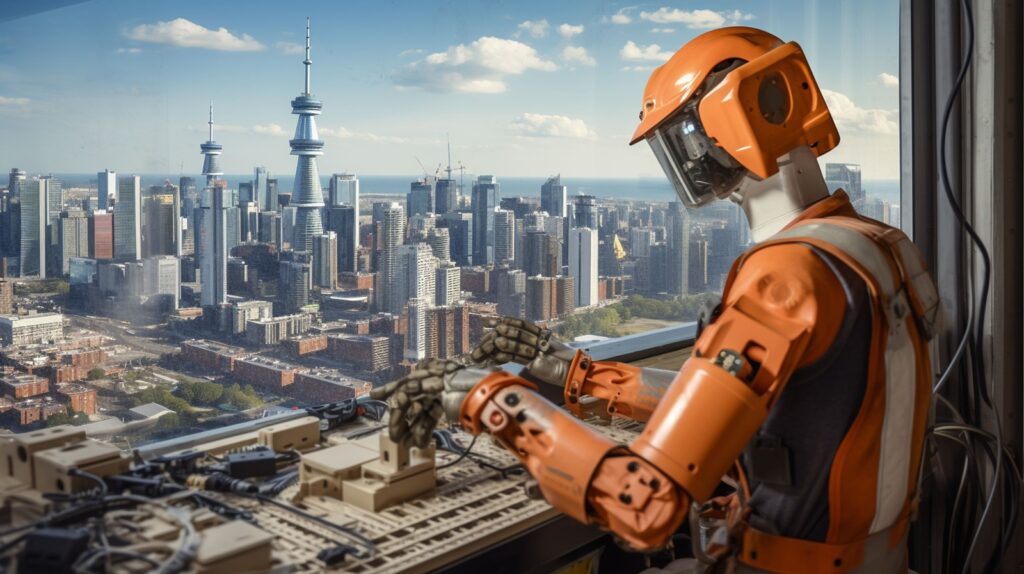In the midst of a technological renaissance, the construction industry is on the verge of a paradigm shift. Artificial Intelligence (AI) has emerged as a transformative force, poised to redefine the norms of planning, construction, and maintenance. This blog explores the current impact of AI in the construction field and anticipates its future trajectory, showcasing the industry's acceptance of the technology.
Section 1: The Current Impact of AI in Construction
1.1 Optimizing Project Management with AI
As the construction landscape evolves, AI introduces a multitude of benefits, improving project planning, data analytics, and decision-making. By analyzing extensive data sets, AI algorithms can identify patterns and correlations, informing decisions about project schedules, resource allocation, cost estimation, and risk assessment. The result is increased efficiency, reduced delays, and optimized project outcomes.
1.2 Ensuring Security through Real-Time Monitoring
AI-powered systems actively monitor construction sites, using sensors and cameras with computer vision to detect potential hazards. Real-time alerts to workers and supervisors ensure timely interventions, fostering a safer work environment. AI's ability to analyze safety logs improves preventative measures, contributing to the ongoing well-being of workers.
1.3 Increasing Efficiency through Automation
AI's strength lies in automating repetitive tasks, from data entry to inventory management. By reducing human error and saving time, AI significantly improves overall project efficiency.
1.4 Raising Quality Control and Inspection
AI can perform automated inspections using computer vision and machine learning techniques. It can also analyze images to detect defects, anomalies, or deviations from design specifications. These capabilities ensure high-quality construction and reduce the need for manual inspections.
1.5 Designing the Future: AI in Project Design and Planning
AI-enabled tools, powered by machine learning algorithms, empower architects and engineers to generate optimized designs. These designs take into account factors such as cost, materials, and sustainability, enabling informed decision-making and risk assessment through scenario simulations.
1.6 Pioneer in Predictive Maintenance
In construction equipment and asset management, AI, along with predictive analytics and IoT devices, is revolutionizing maintenance. By proactively monitoring equipment performance and machine conditions, AI can analyze sensor data to detect maintenance needs and prevent costly breakdowns. This proactive approach ensures equipment runs efficiently, minimizing downtime, improving project schedules, and extending the lifespan of construction equipment by identifying potential issues before they cause significant problems.
Request your free quote with ReproBarcelona
Section 2: Anticipating the Future: The Role of AI in Construction
2.1 The Potential of Increased Automation
The future trajectory of AI suggests increased automation, possibly incorporating robotic construction and autonomous vehicles. These advances promise greater efficiency, reduced labor requirements, and improved safety.
2.2 Synergy with the Internet of Things (IoT)
The integration of AI with IoT devices, such as sensors and wearables, is intended to optimize construction processes, improve safety, and manage resources through real-time data.
2.3 Immersive Technologies: AI, AR and VR
AI-powered augmented reality (AR) and virtual reality (VR) technologies are poised to revolutionize construction project visualization, facilitating design reviews, on-site training, and maintenance activities. These technologies promise to improve collaboration and minimize errors.
2.4 The Role of AI in Sustainable Construction Practices
AI is likely to play a crucial role in implementing sustainable practices and procedures in construction. Eventually, its technologies could optimize energy use, promote eco-friendly building materials, and provide insights to reduce waste and carbon footprints.
Section 3: Addressing Concerns about AI in Construction Work
3.1 Dismissing Concerns About Job Substitution
Despite concerns about whether AI will replace jobs, industry experts maintain that AI complements the skills of construction workers. Rather than replacing workers, AI has the potential to transform and augment their roles, leading to greater efficiency and productivity.
3.2 AI as a Partner in Professional Development
AI acts as a valuable partner, augmenting the capabilities of construction professionals. Automating repetitive tasks allows workers to focus on creative and complex aspects of their work. AI-powered training platforms and virtual reality simulations provide immersive learning experiences, allowing workers to acquire new skills and develop their knowledge in a safe and controlled environment.
Conclusion: Embracing a Technology-Infused Future
In conclusion, the future of construction is intrinsically linked to the power of Intelligence.








